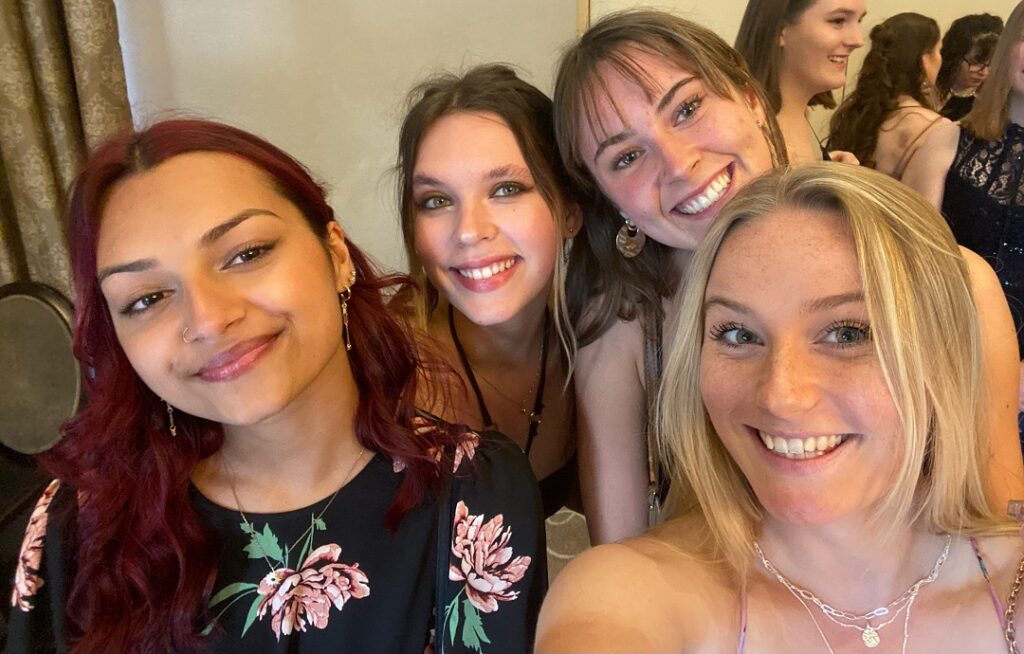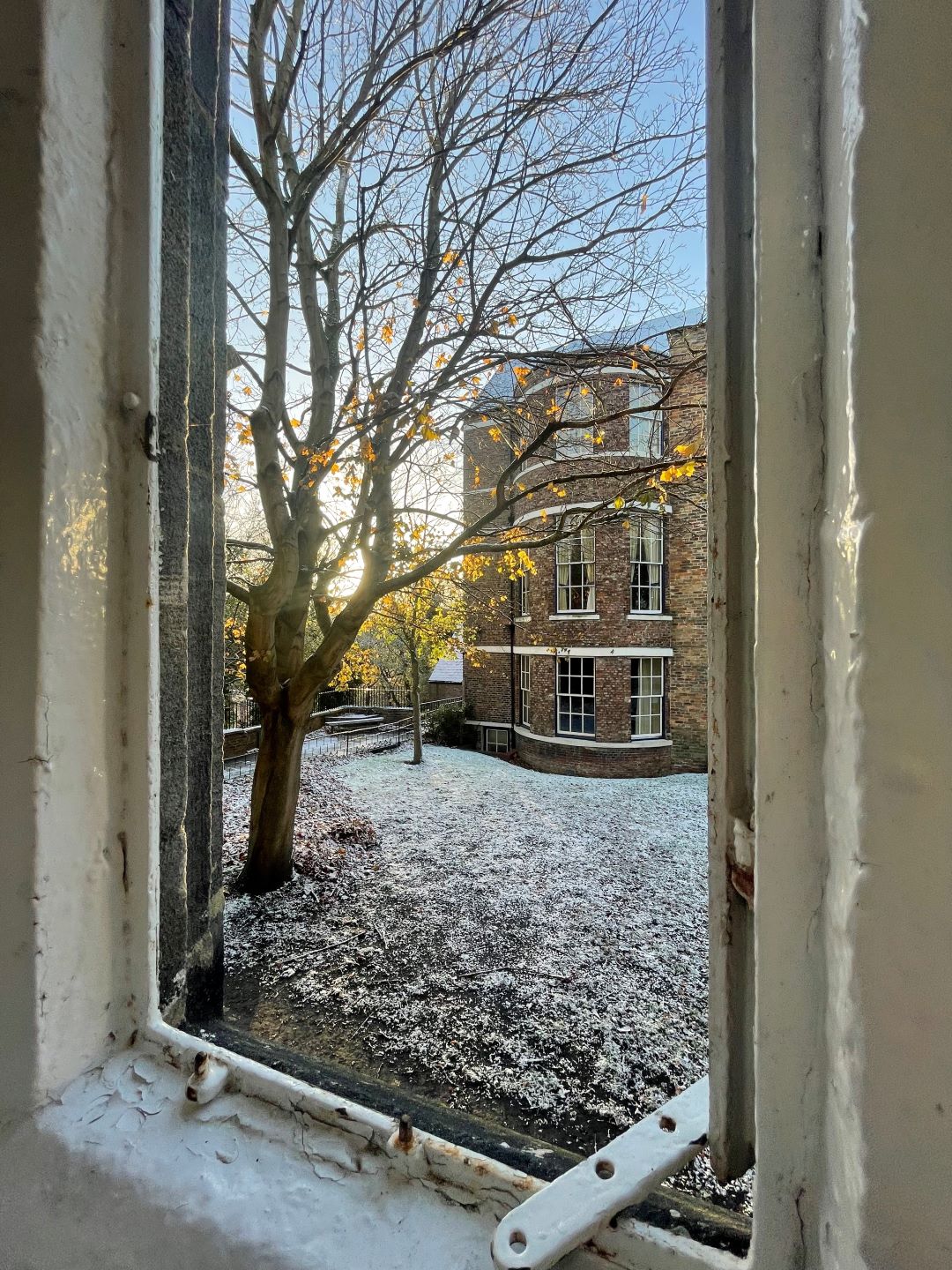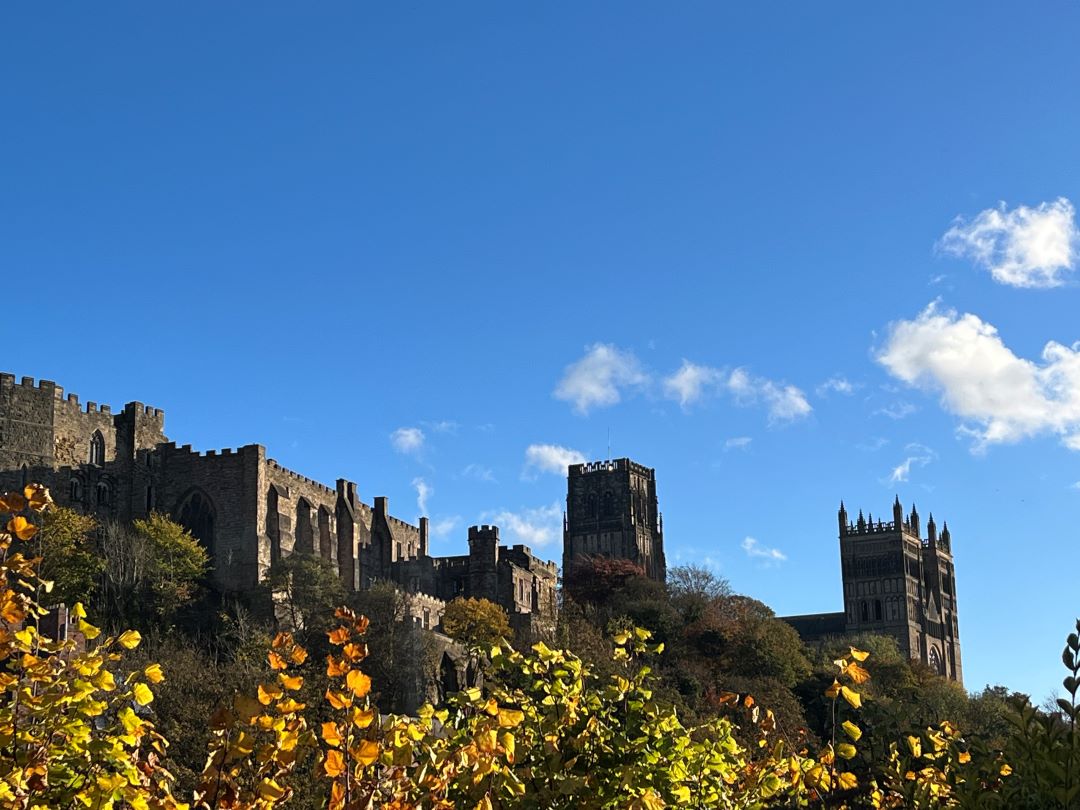In a nutshell, studying languages is an incredibly fun and engaging experience. In my year and a half of studying modern languages so far, I have met friends for life and had some academic discussions I could only ever have dreamed of having.
A Day in the life of a language student
The beautiful thing about studying languages is the range of options available to you: there are five languages available to study at post A-Level standard, and six available as beginner’s courses. I study French and ab initio (beginner’s) German, and like any languages student, my contact hours are made up of lectures, seminars, oral classes and grammar classes.
But what do these all actually mean?
As a student new to German, I have a language class every day of the week, where we work on the fundamental skills of reading, listening, speaking and grammar through textbook activities and worksheets set by the tutor. One of my favourite things about this class is that there are only 15 of us in the class – not only have we all become fast friends, it’s also a really safe learning environment.

For both French and German, we have a dedicated grammar / translation class and an oral class weekly which help to maintain the formal aspects of language learning for post A-level students and accelerate spoken and grammatical competency for new learners too.
Each language then has a list of cultural modules available to pick from. These are modules taught either entirely in English or in the target language; they are rooted in the study of primary sources that are linked to important parts of the culture or history of the relevant country. We study several texts, films, anthologies and plays per term, before writing an essay on one of them at the end of term, informed by the secondary reading (academic articles, journals etc.) we have looked at in seminars and independently. To give an example, we are currently studying the history of feminism in Germany in one of my modules. To accompany the lectures, cultural modules also have bi-weekly seminars in small groups of around 10 students where we discuss the lecture content and our own thoughts on the text at hand.

Why Durham?
Durham offers a really diverse languages program, which combines elements of history and literature studies with formal elements of language learning, such as grammar, to provide a holistic and engaging learning experience.
The world will be your oyster!
In more practical terms, Durham’s renowned reputation opens many doors for the compulsory year abroad in the third year of your Modern Languages and Cultures degree. Whether you choose to study abroad or apply for a work placement, Durham’s connections through alumni, partner universities or languages students’ past year abroad experiences mean that if you work hard and squeeze as much as you can out of the languages degree here, the world is your oyster.
Discover more
With Complete University Guide 2022 as high as 3rd for Arabic, Chinese and Japanese Studies and 5th for Italian, German and Hispanic Studies, the School of Modern Languages and Cultures offers expertise in a wide range of subjects, including language, literature, cultural history, cinema and visual culture, and translation.
The School also hosts the BA in Visual Arts and Film and has forged a ground-breaking partnership with the BFI bringing students the unique opportunity to learn from industry experts along with University-wide access to the BFI Player.
Feeling inspired? Visit our Modern Languages and Cultures webpages for more information on our undergraduate and postgraduate programmes.
Create your own personalised prospectus here
Follow our students on Instagram, TikTok and YouTube








